Home>Home Maintenance>What Is The Cost Of A Home Inspection
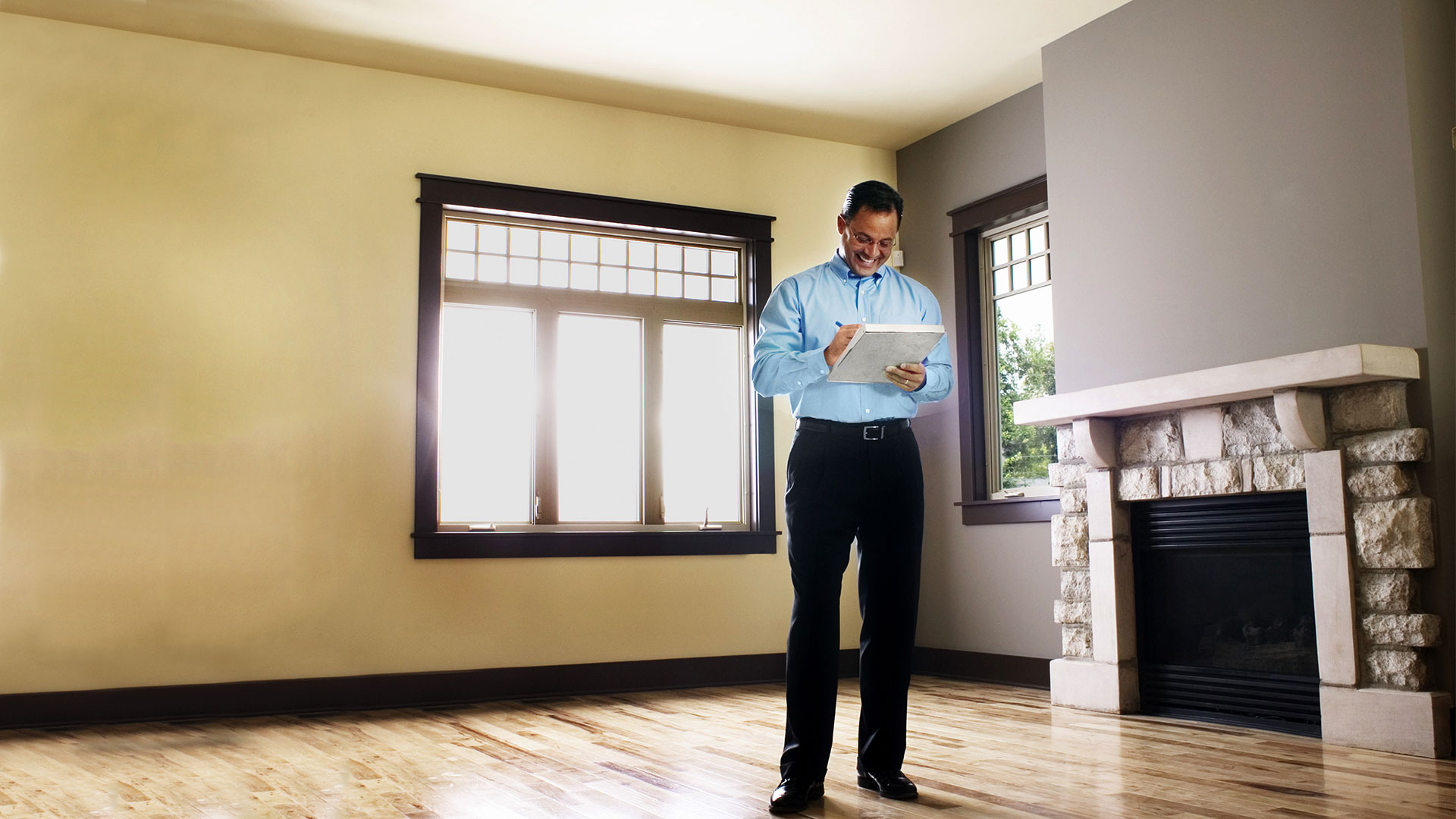

Home Maintenance
What Is The Cost Of A Home Inspection
Modified: March 24, 2024
Learn about the cost of a home inspection, a crucial part of home maintenance. Discover the importance of this service and make an informed decision.
(Many of the links in this article redirect to a specific reviewed product. Your purchase of these products through affiliate links helps to generate commission for Storables.com, at no extra cost. Learn more)
Introduction
Welcome to the world of home maintenance, where peace of mind and a well-maintained dwelling go hand in hand. Whether you are a homeowner, a potential buyer, or simply someone interested in keeping your living space in top shape, understanding the importance of a home inspection is crucial.
A home inspection is a comprehensive evaluation of a property’s condition, including its structural integrity, mechanical systems, and overall safety. It is usually conducted by a professional home inspector who meticulously assesses every nook and cranny to provide you with a detailed report on the property’s current state.
While the benefits of a home inspection are self-evident, you may be wondering about the cost. How much should you expect to pay for this invaluable service? In this article, we will explore the various factors that influence home inspection costs, average pricing, additional expenses to consider, and ways to save money without compromising the quality of the inspection.
Before diving into the specifics of home inspection costs, it’s important to note that prices may vary depending on several factors. The size and age of the property, its location, and the scope of the inspection are just a few elements that can impact the overall cost. By understanding these variables, you can gain a better grasp of what to expect when budgeting for a home inspection.
Key Takeaways:
- Home inspection costs vary based on property size, age, and location. Average price ranges from $300 to $500. It’s a valuable investment to identify potential issues and negotiate repairs.
- To save on costs, shop around, bundle services, and schedule inspections during off-peak seasons. Hiring a qualified inspector is crucial for a thorough evaluation and peace of mind.
Factors Affecting Home Inspection Costs
Several key factors can influence the cost of a home inspection. Understanding these factors will help you gauge why prices may vary and ensure you receive an accurate and transparent estimate for the service.
- Property size: The size of the property is one of the primary factors influencing the cost of a home inspection. Larger homes typically require more time and effort to thoroughly inspect, so expect to pay more for a larger dwelling.
- Property age: The age of the property is another key consideration. Older homes often have more complex systems, such as outdated electrical wiring or plumbing, which may require additional time and expertise to evaluate. Consequently, inspections for older properties may incur higher costs.
- Location: The location of the property can also impact the cost of a home inspection. Factors such as accessibility, local market rates, and regional regulations can influence pricing. Inspections in metropolitan areas or areas with a high cost of living may be more expensive compared to inspections in rural or less populated regions.
- Scope of the inspection: The extent of the inspection required will also affect the overall cost. Standard home inspections typically cover the foundation, roof, plumbing, electrical systems, heating and cooling systems, and overall structural integrity. However, additional inspections, such as radon testing, termite inspections, or mold assessments, may incur additional fees.
- Additional structures: If the property has additional structures, such as a detached garage, shed, or pool, you may need to consider the cost of inspecting these as well. Each structure will require separate evaluation, and consequently, additional costs.
- Market competition: Pricing can also be influenced by market competition and the availability of home inspectors in your area. In highly competitive markets, inspectors may offer competitive rates to attract clients, while in areas with limited choices, the cost may be higher due to increased demand.
It’s important to note that while cost is a significant factor, it should not be the sole determining factor when choosing a home inspector. The expertise, qualifications, and reputation of the inspector should also be considered to ensure a thorough and accurate evaluation of the property.
Average Cost of Home Inspections
The average cost of a home inspection can vary depending on several factors, as discussed earlier. However, to provide a general idea, the national average price range for a standard home inspection typically falls between $300 and $500.
This price range is based on the average size and age of homes in the United States. Smaller and newer properties tend to be on the lower end of the spectrum, while larger and older homes may lean towards the higher end. Keep in mind that this is an estimate, and prices can differ depending on your location and specific property requirements.
It’s important to note that while the cost of a home inspection may seem like an additional expense, it can potentially save you thousands of dollars in the long run. By identifying potential issues or hidden problems, a professional inspector can help you make an informed decision about the property, giving you the opportunity to negotiate repairs or walk away from a potentially risky investment.
When considering the average cost, it’s important to understand what is included in a standard home inspection. Typically, a comprehensive inspection should cover the following areas:
- Roof and attic
- Foundation and structural components
- Exterior walls, doors, windows
- Electrical system
- Plumbing system and fixtures
- Heating, ventilation, and air conditioning (HVAC) system
- Insulation and ventilation
- Interior spaces, including walls, floors, and ceilings
Keep in mind that these are general guidelines, and the specific areas covered may vary depending on the inspector and the agreed-upon scope of the inspection.
It’s advisable to obtain multiple quotes from different home inspectors in your area to ensure you’re getting a fair price. Remember to consider not only the cost but also the experience, reputation, and qualifications of the inspector. Investing in a thorough and accurate inspection will provide you with peace of mind and potentially save you from costly repairs later on.
Additional Costs to Consider
While the cost of a standard home inspection provides a baseline figure, it’s essential to be aware of potential additional costs that may arise during the process. Understanding these potential expenses will help you budget accordingly and avoid surprises down the line.
Here are some additional costs to consider when planning for a home inspection:
- Specialized inspections: Depending on your specific needs and concerns, you may require additional specialized inspections. These can include tests for radon, mold, asbestos, lead paint, or pests such as termites. These specialized inspections usually come with their own separate costs.
- Additional structures: If your property includes additional structures, such as a detached garage, pool house, or shed, you may want to have these structures included in the inspection. Keep in mind that each additional structure will likely come with an additional cost.
- Travel fees: If the property is located outside the usual service area of the home inspector, they may charge additional travel fees to cover their time and transportation expenses. It’s important to clarify with the inspector if your location falls within their regular coverage area.
- Reinspection fees: In some cases, after completing the initial inspection, the inspector may identify issues that need further evaluation or repairs. If a reinspection is required to verify that the necessary fixes have been made, there may be an additional fee for this follow-up visit.
- Additional services: Some inspectors offer additional services beyond the standard home inspection, such as energy efficiency assessments or safety inspections. These optional services may incur additional costs but can provide valuable insights into the overall condition and efficiency of the property.
It’s important to discuss these potential additional costs with the home inspector and get a clear understanding of what is included in their standard fee and what will require additional charges. This will help you avoid any surprises when it comes time to settle the final bill.
Remember, investing in these additional inspections or services can provide you with a more comprehensive understanding of the property’s condition and potential issues, ultimately giving you peace of mind and helping you make well-informed decisions.
When budgeting for a home inspection, consider the size and age of the home, as well as the location. Prices can range from $300 to $500, but may be higher for larger or older homes or in high-cost areas.
Ways to Save on Home Inspection Costs
While home inspection costs are an essential investment in ensuring the safety and integrity of a property, there are several ways to potentially save on these expenses without compromising on the quality of the inspection. Here are some money-saving tips to consider:
- Shop around: Don’t settle for the first home inspector you come across. Take the time to research and obtain quotes from multiple inspectors in your area. Compare their prices, credentials, and customer reviews to find the best fit for your needs and budget.
- Bundling services: Some home inspectors offer discounted rates if you opt for additional services or inspections at the same time. If you require specialized inspections, such as radon testing or pest assessments, inquire about bundled pricing to potentially reduce your overall costs.
- Ask for referrals: Seek recommendations from friends, family, or real estate professionals who have recently had a home inspection. They may be able to refer you to an inspector who offers quality services at a reasonable price.
- Consider the scope: Discuss the scope of the inspection with the home inspector to ensure it aligns with your needs. While it’s important to have a thorough evaluation, there may be certain areas or components that are not as critical for your specific situation. Tailoring the inspection to focus on essential areas can help reduce costs.
- Timing is key: Consider scheduling the home inspection during the off-peak season. Home inspectors may be more likely to offer discounted rates during periods when business is slower.
- Combine inspections: If you are purchasing a home in a planned community or condominium, check if there are any shared inspections arranged by the homeowners’ association. Taking advantage of these group inspections can help reduce individual costs.
- DIY preliminary assessment: Before hiring a professional inspector, you can perform a basic preliminary assessment of the property yourself. Look for visible issues, such as cracks in the walls, signs of water damage, or malfunctioning electrical outlets. By identifying any obvious problems beforehand, you can potentially save on the cost of a full inspection or negotiate repairs with the seller.
- Consider long-term value: While it may be tempting to choose the cheapest home inspector, remember that their qualifications and experience play a significant role in the quality of the inspection. Opting for a more experienced and reputable inspector, even if it may cost more upfront, can potentially save you from unexpected expenses in the future.
By implementing these money-saving strategies, you can keep your home inspection costs in check while still benefiting from a thorough and reliable evaluation of the property.
Importance of Hiring a Qualified Home Inspector
When it comes to home inspections, the expertise and qualifications of the inspector play a crucial role in ensuring a thorough and accurate evaluation of the property. Hiring a qualified home inspector is of paramount importance for various reasons:
- Knowledge and experience: Qualified home inspectors possess in-depth knowledge of building systems, codes, regulations, and construction practices. They have experience in identifying potential issues, recognizing signs of damage, and evaluating the overall condition of a property. Their expertise allows them to assess areas that an untrained eye might overlook.
- Thorough evaluation: Qualified inspectors conduct a comprehensive evaluation of the property, examining the roof, foundation, plumbing, electrical systems, HVAC systems, and more. They pay attention to detail, ensuring that no potential problems go unnoticed. Their objective assessment provides you with a clear picture of the property’s condition and allows you to make informed decisions.
- Accurate reporting: Qualified home inspectors provide detailed reports that outline their findings, including any identified issues, recommended repairs, and safety concerns. These reports are usually accompanied by photographs and descriptions, enabling you to understand the severity of the problems and prioritize necessary repairs or negotiations with the seller.
- Identification of safety hazards: Home inspectors are trained to identify potential safety hazards within a property. Whether it’s faulty electrical wiring, inadequate ventilation, or structural issues, their expertise enables them to pinpoint these risks and advise you on how to address them to ensure the safety of the occupants.
- Protection from hidden issues: A qualified home inspector can uncover hidden issues that may not be immediately apparent to buyers. From hidden water damage to structural defects or pest infestations, their thorough assessment can potentially save you from making a costly investment in a property with significant underlying issues.
- Negotiation leverage: Armed with a detailed inspection report, you can negotiate with the seller based on the findings. The identified issues can be used to request repairs, a reduction in the purchase price, or other concessions. Having a qualified inspector’s report adds credibility to your negotiation and ensures that your interests are protected.
- Peace of mind: Hiring a qualified home inspector provides peace of mind. Knowing that an expert has thoroughly evaluated the property and provided an unbiased assessment allows you to move forward confidently with your decision, whether it’s purchasing the property, renegotiating terms, or walking away from a potential disaster.
While the cost of hiring a qualified home inspector is an investment, it is a small price to pay considering the potential risks and financial consequences of purchasing a property without a thorough evaluation. By choosing a qualified inspector, you can make informed decisions, ensure your safety, and protect your investment.
Conclusion
Home inspections are an essential part of the home buying process, providing buyers with peace of mind and protecting their investment. While the cost of a home inspection can vary based on factors such as property size, age, location, and scope of the inspection, it is a worthwhile expense considering the potential savings and benefits it offers.
Understanding the factors that affect home inspection costs, such as property size and age, can help you estimate the expected expense. Additionally, being aware of potential additional costs, such as specialized inspections or fees for additional structures, allows for better budgeting and planning.
There are also several strategies to save on home inspection costs without compromising on the quality of the inspection. Shopping around, bundling services, and considering the timing of the inspection are just a few of the ways to potentially reduce costs while still receiving a thorough evaluation of the property.
However, when it comes to home inspections, it is always crucial to prioritize the qualifications and experience of the inspector. Hiring a qualified home inspector ensures a thorough evaluation, accurate reporting, and identification of potential safety hazards or hidden issues that may affect the property’s value. The expertise of a qualified inspector also provides negotiation leverage and, most importantly, peace of mind for the buyer.
In conclusion, while home inspection costs should be considered, viewing them as an investment rather than an expense is key. By hiring a qualified inspector and obtaining a comprehensive evaluation of the property, you can make informed decisions, protect your investment, and ensure the safety and integrity of your home.
Frequently Asked Questions about What Is The Cost Of A Home Inspection
Was this page helpful?
At Storables.com, we guarantee accurate and reliable information. Our content, validated by Expert Board Contributors, is crafted following stringent Editorial Policies. We're committed to providing you with well-researched, expert-backed insights for all your informational needs.
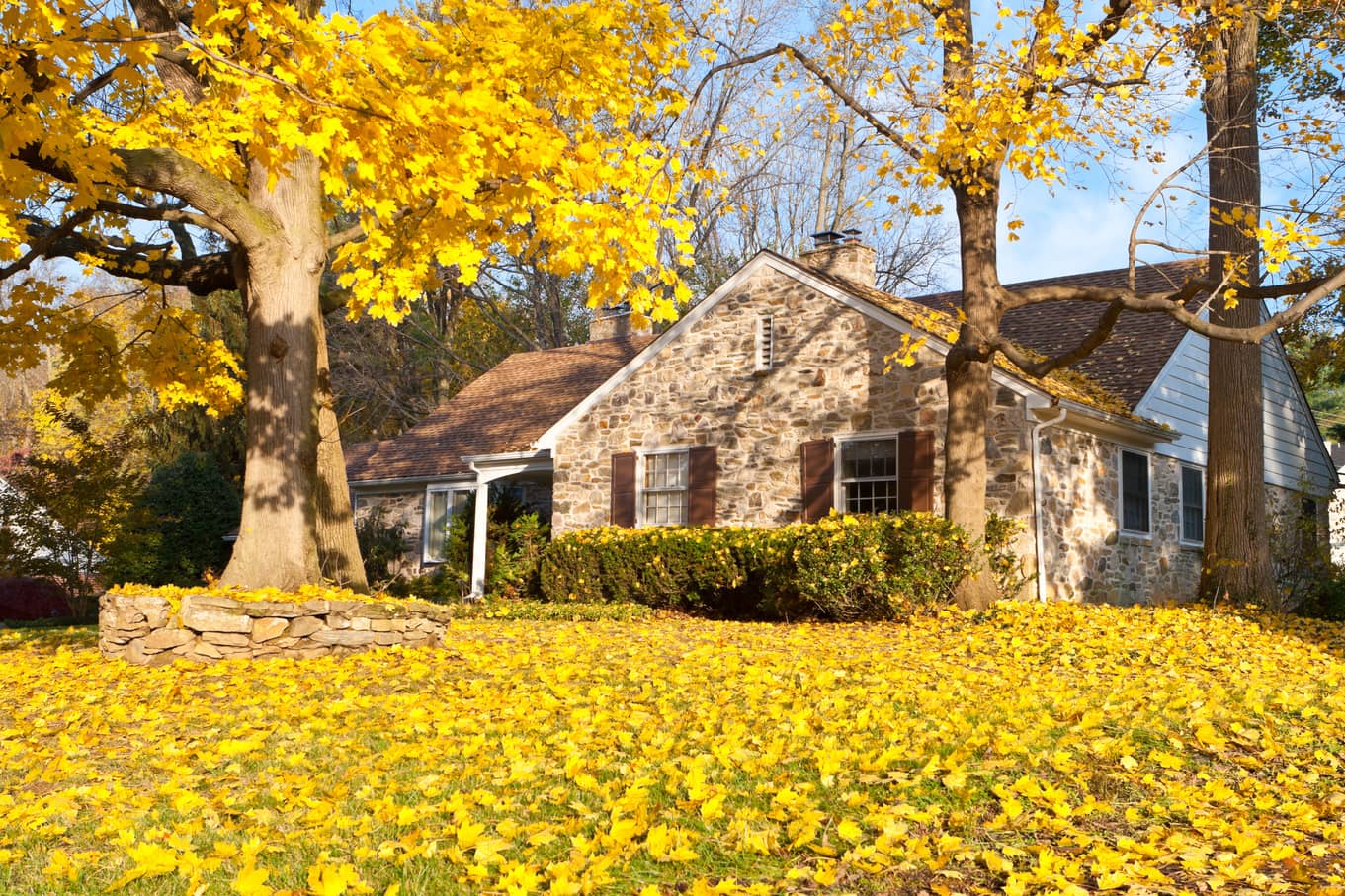
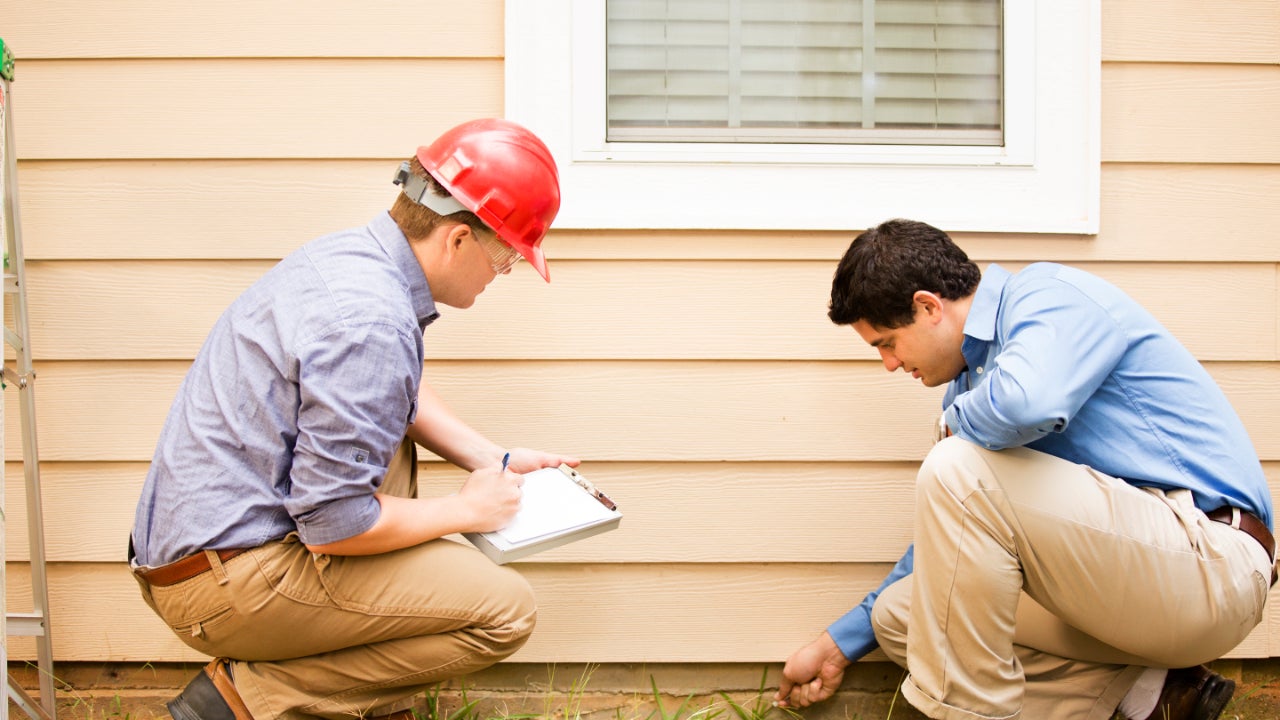

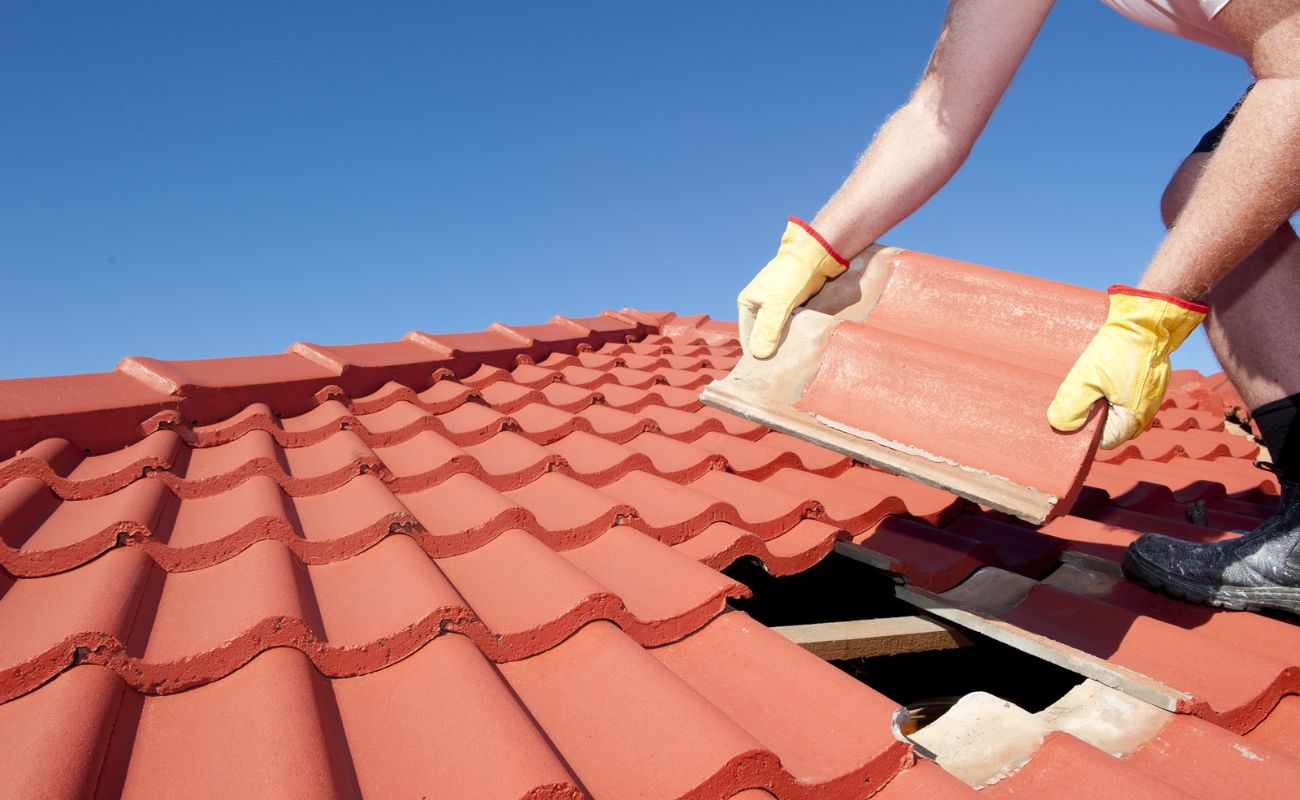
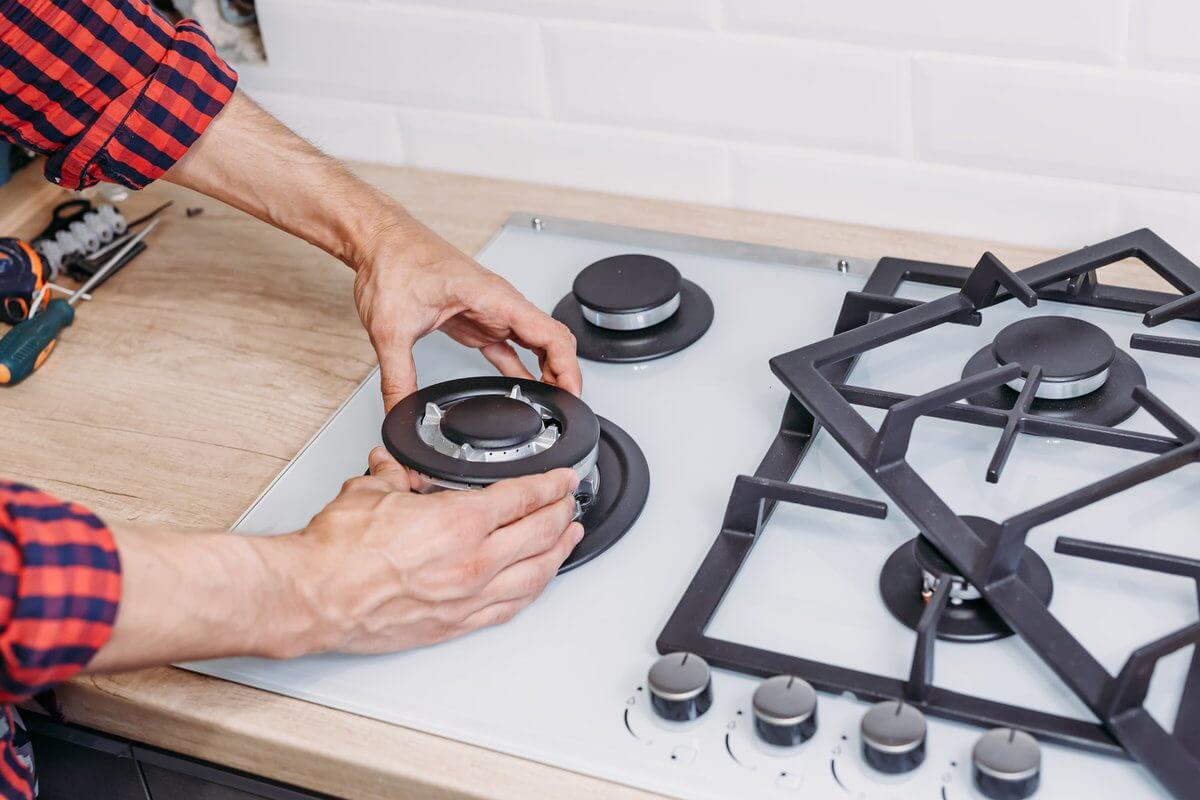
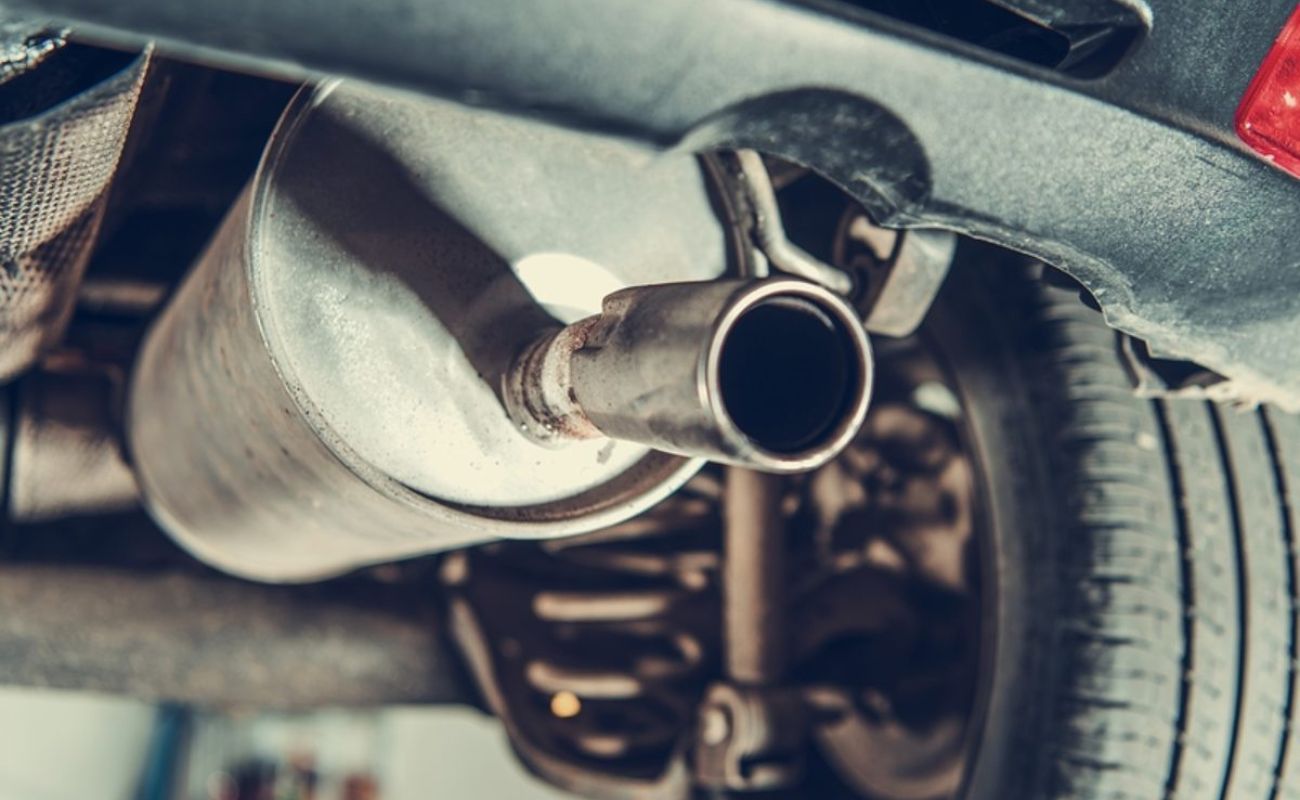
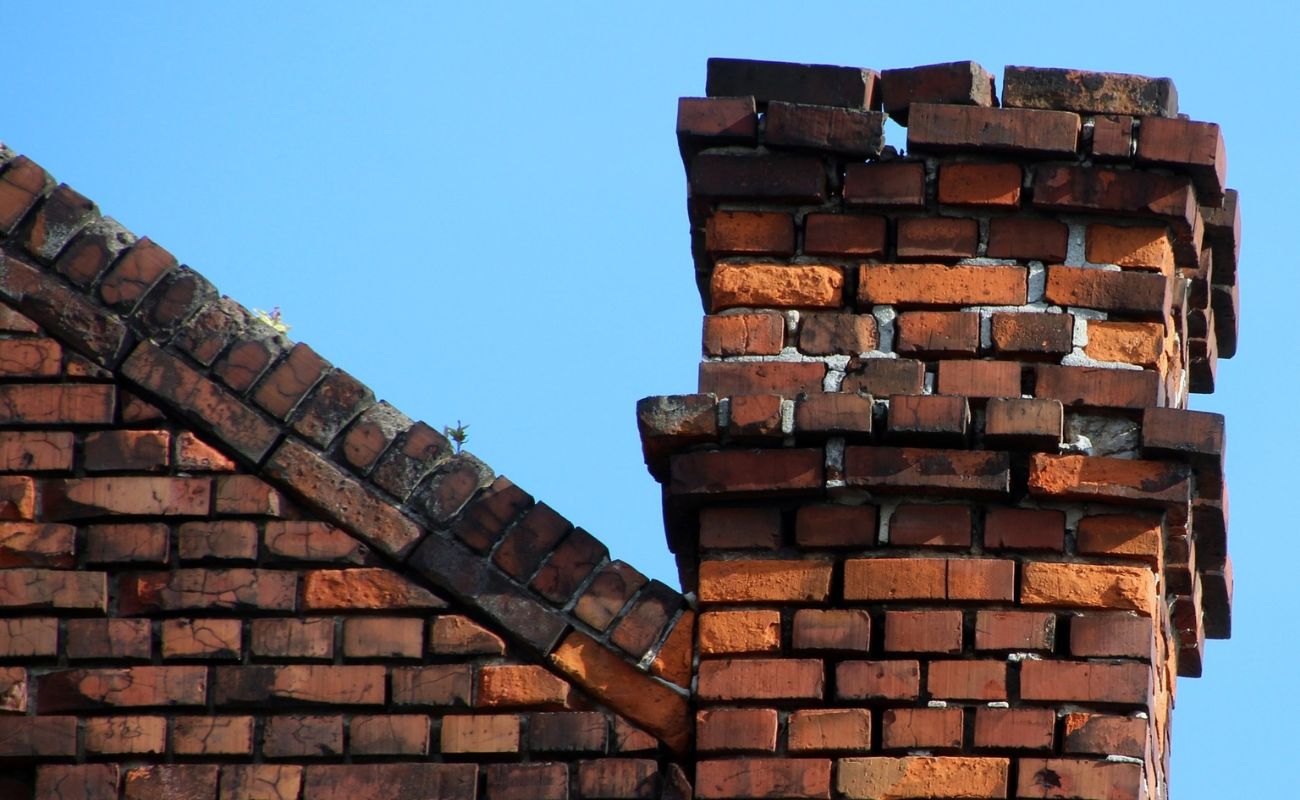
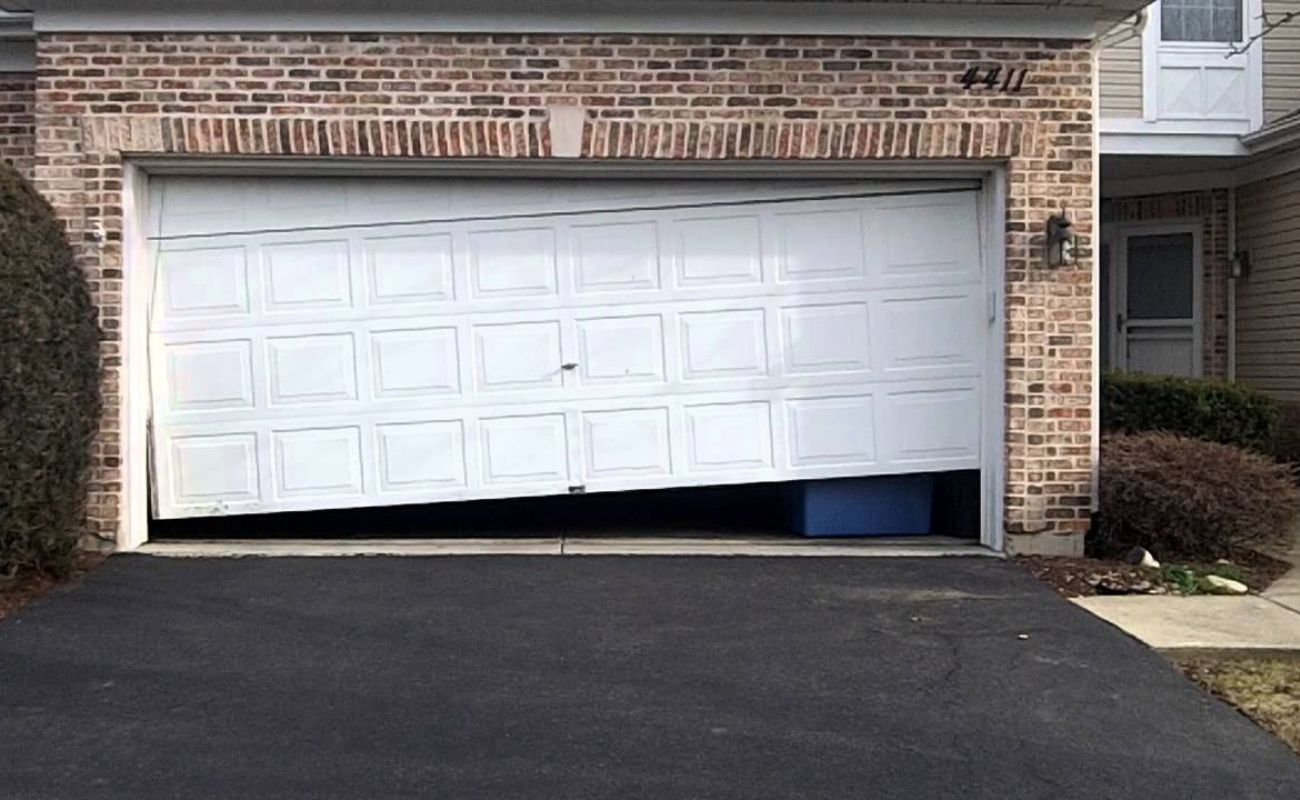
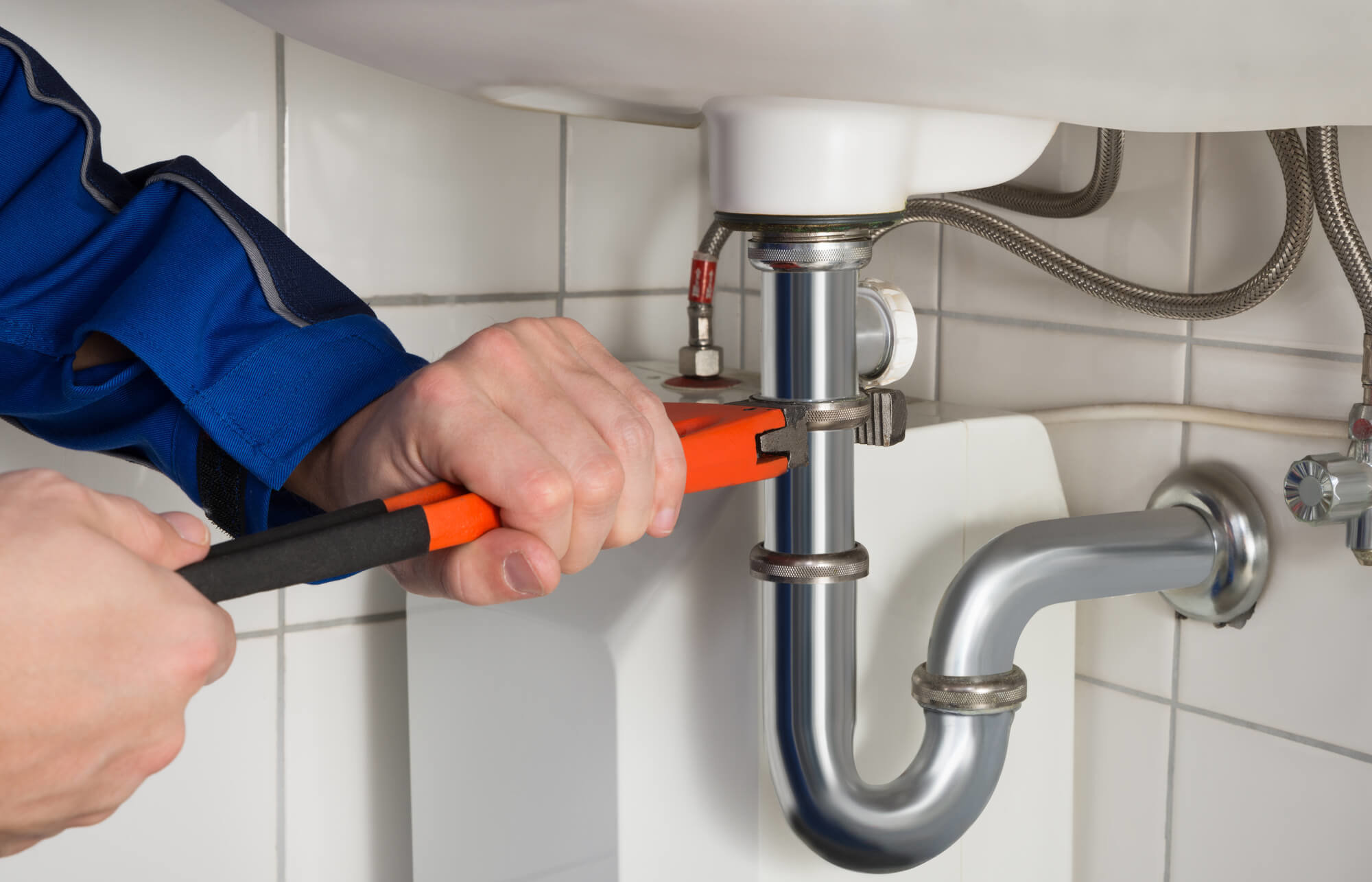
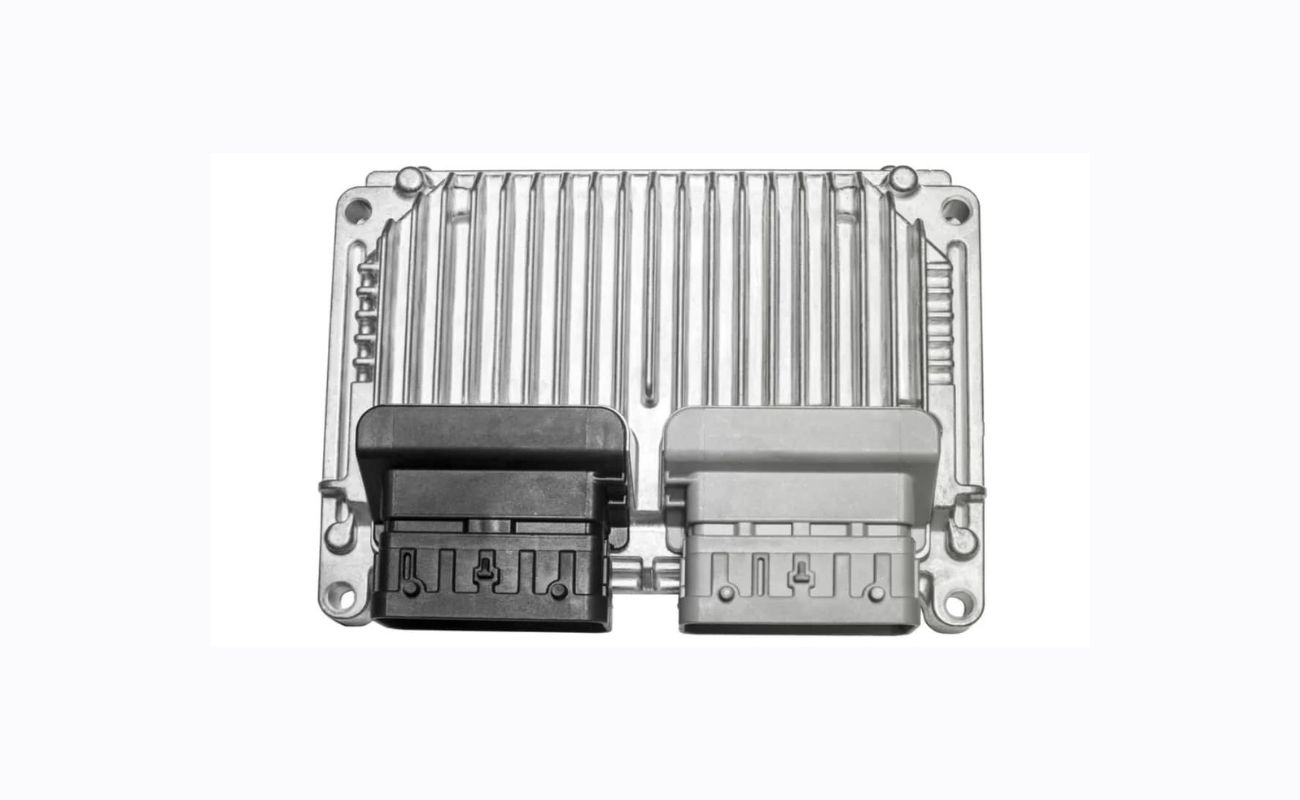

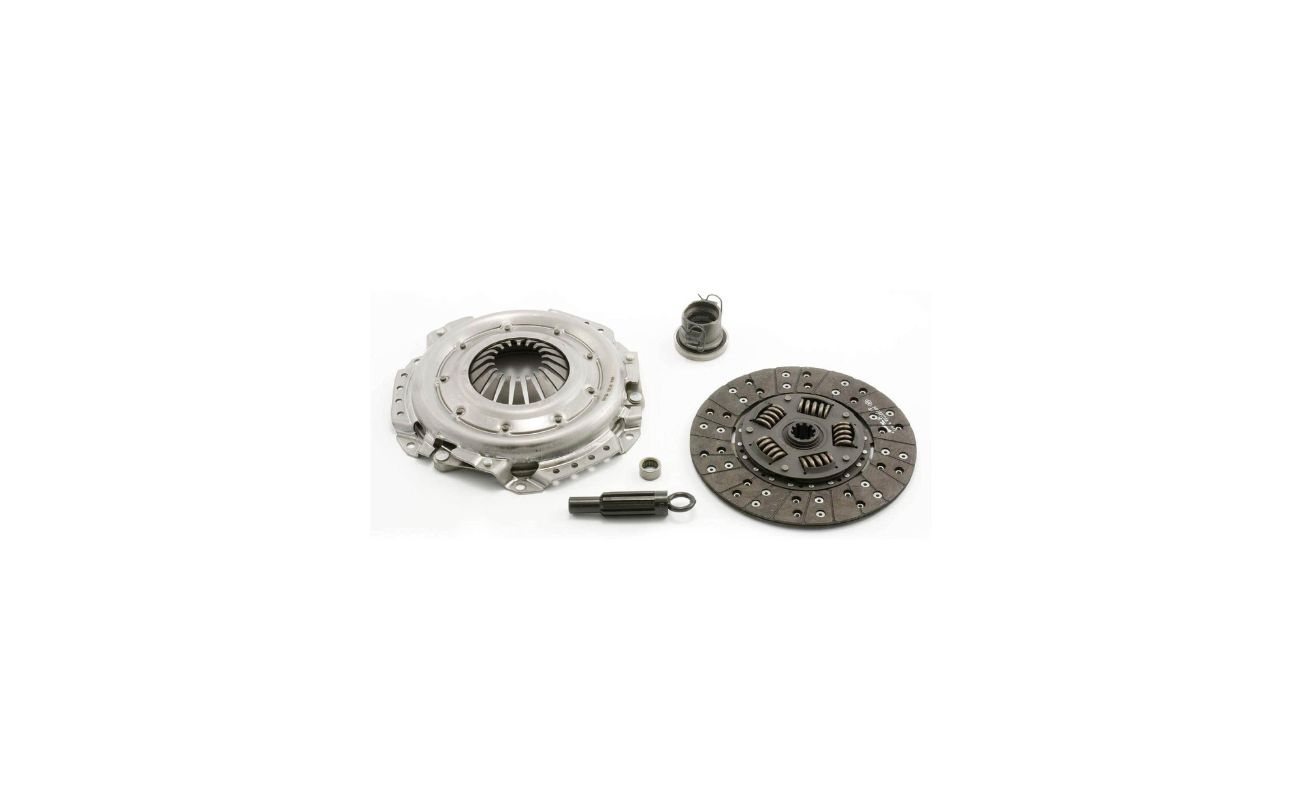

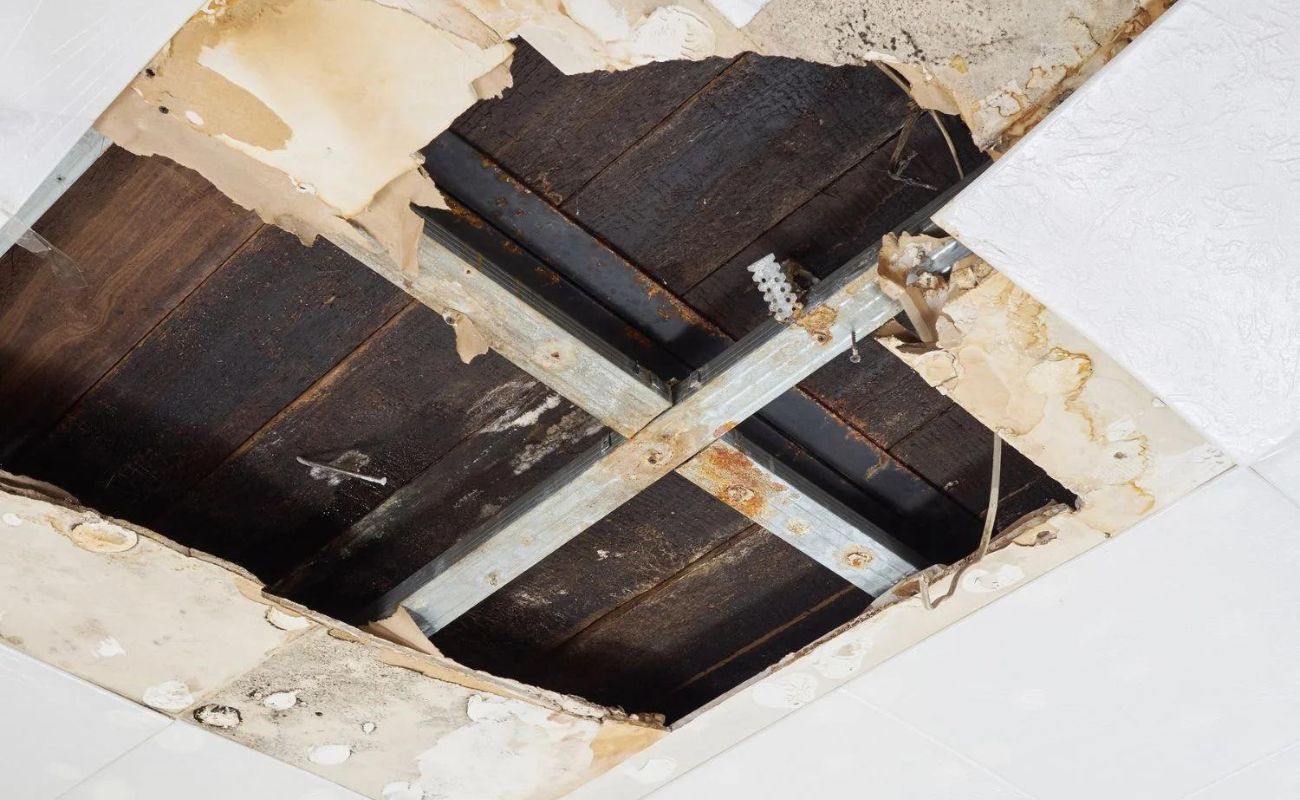

0 thoughts on “What Is The Cost Of A Home Inspection”